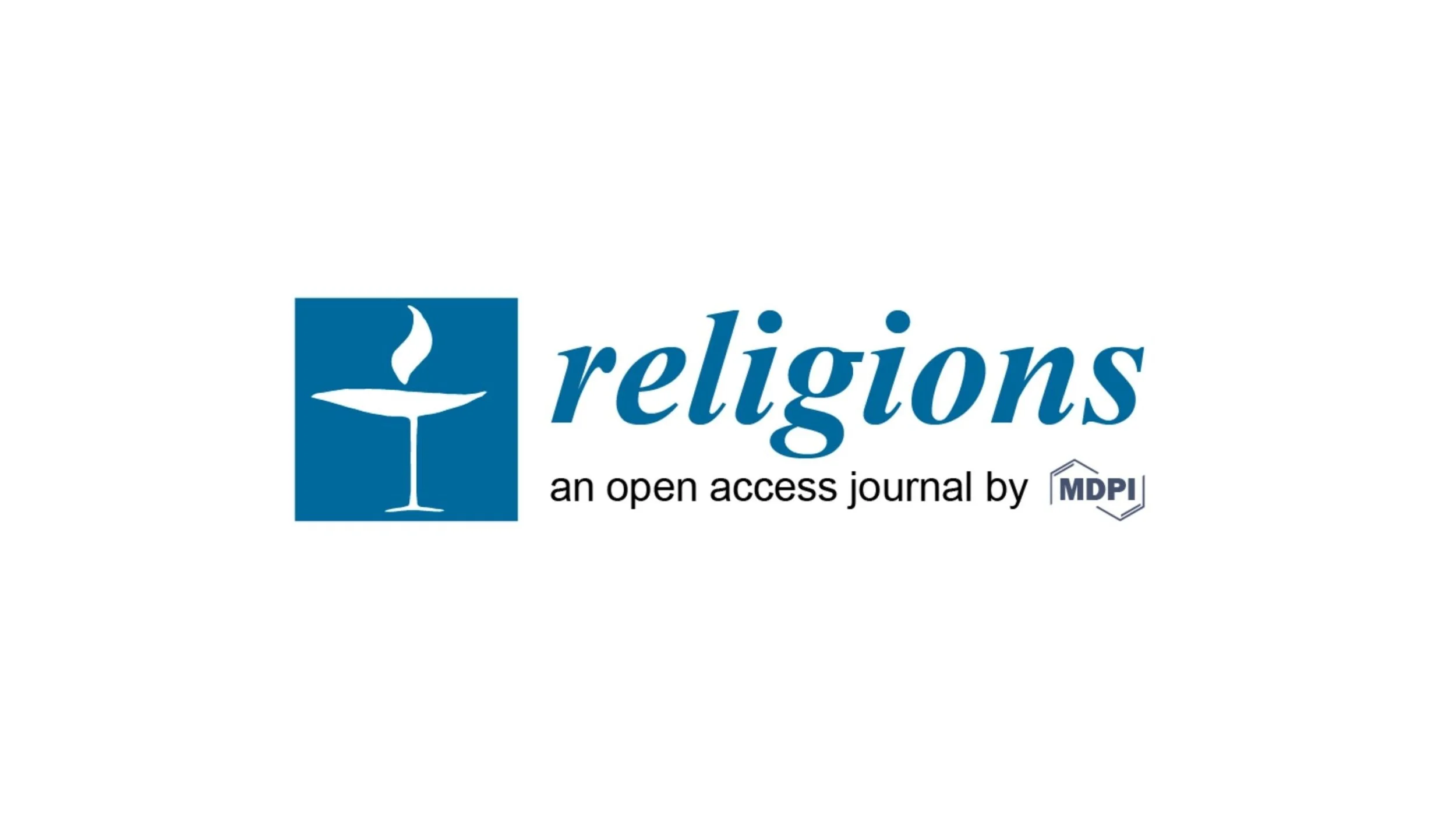A Special Issue of Religions Journal on Faith in Action
Dear Colleagues,
The concept of public theology presumes the capacity of a faith to address matters pertaining to the common good in the public domain. It seeks to draw upon images, symbols, and beliefs of a religious tradition (such as Christian, Jewish, or Islamic) and do so in a manner that is intrinstic to an interdisciplinary praxis. Furthermore, it seeks to balance its public-facing concerns with a desire for bilinguality—that is, the capacity to respond back into the life of its own internal religious community. Moreover, it seeks to discern ‘the signs of the times’ and engage with the issues that arise, particularly those affecting the practice of civil discourse and public well-being.
The emergence of a world Christianity (or majority world Christianity) has highlighed the plurality of contexts from which theology in general is now derived. As such, the discipline of a public theology must necessarily address particular contexts (variously understood as they are) as it seeks to address a range of global themes. For instance, what the response ought to be from a public theology in a small low-lying island in the Pacific to an issue such as climate change or the Anthropocene is not the same as what a response from one of the world’s major cities ought to be. As another example, the theatre of conflict between Israel and Hamas is exceedingly different from that between Ukraine and Russia, thus significantly altering the context of response. Concerns such as the future of democracy, for instance, require a largely different repsonse when faced with an issue such as the rise of fake news in the United States or an inherently different situation, such as military oppression in Myanmar. To futher illustrate, being a Muslim refugee in Europe is different from being a climate-displaced person in Tuvalu, and contexts such as these require a largely different response.
As a result of this, the praxis of a public theology in the current global setting anticipates differently structured public domains, whether or not a theological voice is readily heard or is required to secure that right. This field is marked by an increasing level of diversity far removed from its origins in the United States and subsequent spread into Europe, South Africa, Australia, and Aotearoa/New Zealand.
Therefore, this Special Issue aims to explore how the practice of a public theology is performed in particular contexts that are both geographical in expression (hence local) and representative of global public issues. As a result, original research articles and reviews are welcome. Research areas may include (but are not limited to) the following topics:
Climate change/the Anthropocene;
War/peace;
Democracy/fake claims.
We request that, prior to submitting a manuscript, interested authors initially submit a proposed title and an abstract of 150–200 words summarizing their intended contribution. Please send it to the Guest Editor, Dr. Pearson (cpearson@csu.edu.au), and CC the Assistant Editor, Ms. Violet Li (violet.li@mdpi.com). Abstracts will be reviewed by the Guest Editor for the purposes of ensuring their proper fit within the scope of the Special Issue. Full manuscripts will undergo double-blind peer review.
We look forward to receiving your contributions.
Dr. Clive Pearson
Guest Editor
Deadline for manuscript submissions is 1 August 2024.
For more information on submission guidelines and the Article Processing Charge, please visit the website here.

